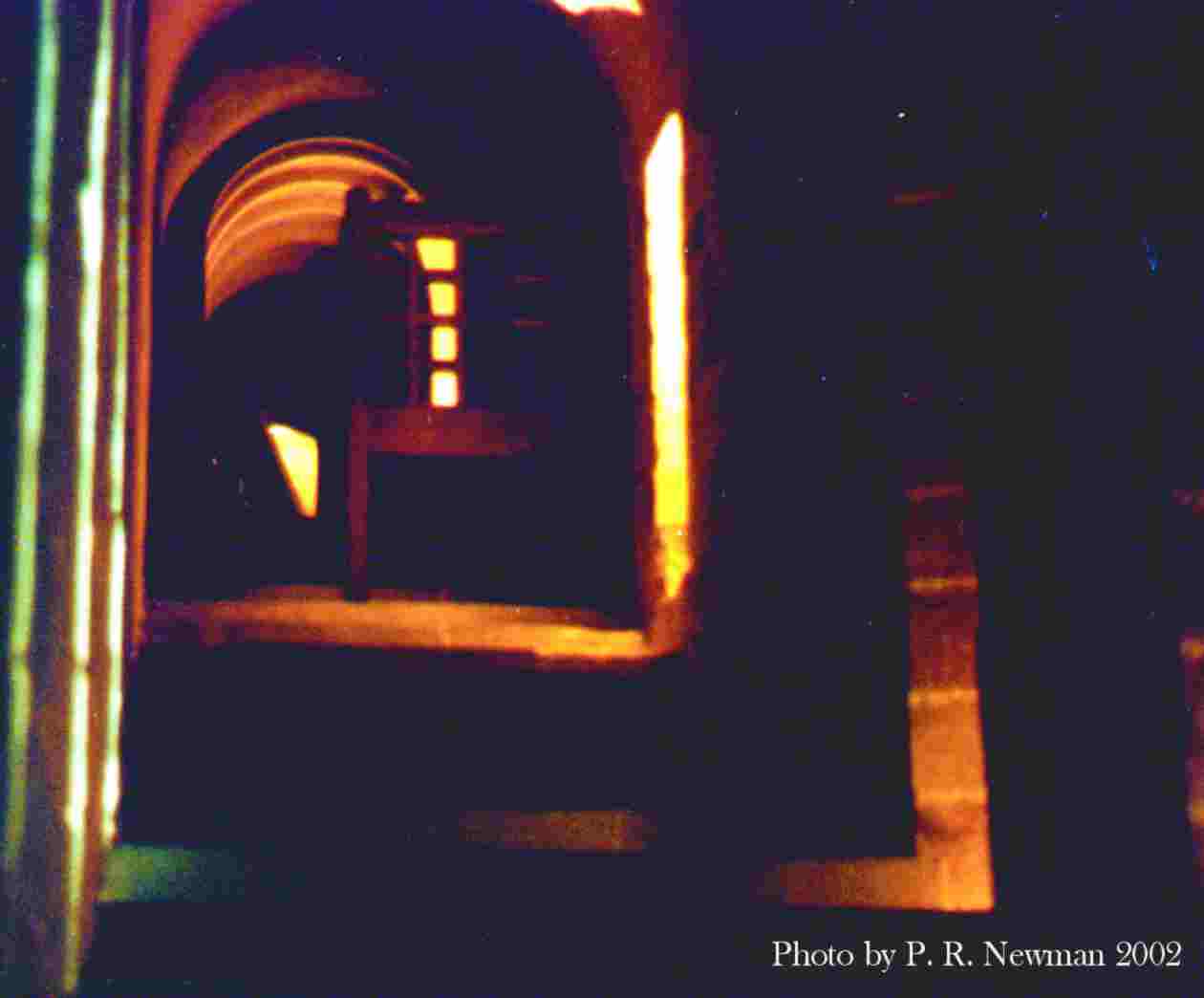MEDIEVAL HISTORY REFERENCE
|
TALIESIN'S SUCCESSORS: INTERVIEWS WITH AUTHORS OF MODERN ARTHURIAN LITERATURE>>
Recently several people have been asking me about the Templars. They
seem to have picked up some strange ideas somewhere so, for your edification,
I have compiled a list of places to find accurate information on the Order. If you find this useful and would like similar lists on other aspects
of the Middle Ages, please
Bibliography of Medieval References: People always ask authors where they get their ideas. Usually it's impossible to say. I, however, get mine from the people and events of the past. If you'd like to follow up on where my ideas come from feel free to read the bibliography I have collected for my own writing. It will be updated for each new book, so feel free to stop back periodically. One of the talks I give as I wander about is called "Five things about the Middle Ages 'everybody knows' that aren't true". We were all given a lot of information about the centuries we call medieval and most of it was made up in later periods to justify various social and religious changes. For the full lecture, you'll have to come to one of my signings or speaking engagements but, in response to popular demand, I have compiled here not five but six fallacies about the Middle Ages. Since there are so many more, I may change it from time to time. |
